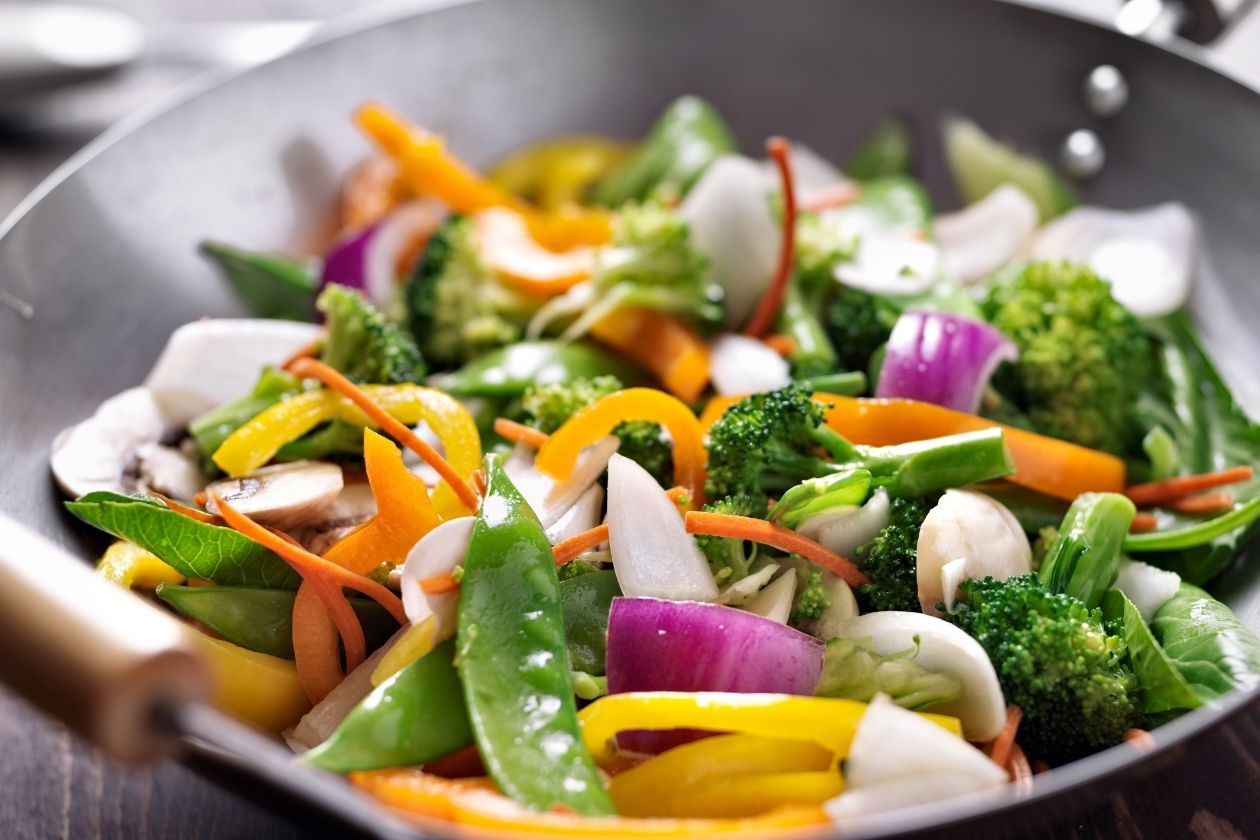People choose to live vegetarian lifestyles for many different reasons. Some choose it due to dietary restrictions tied to health, while others take a moral stand against factory farming and animal abuse in some food production industries. If you’re deciding whether to try a vegetarian diet—whatever your reasons may be—be aware of these common misconceptions of a vegetarian diet.
Table of Contents
The Food Is Not as Nutritious
Many people claim that since vegetarians don’t eat meat, they must have a deficiency of protein and other important nutrients in their diets. However, vegetarians can easily and naturally incorporate protein and other essential nutrients through a few sources. Soy, quinoa, and chia seeds are all vegetarian sources of important amino acids, and protein can be found in tofu, beans, and whole-wheat bread.
It’s a Poor Substitute for “Real” Food
Often, the popular statement is that plant-based food is tasteless and that it lacks substantial nutrients. However, options for vegetarian diets have exploded in recent years. Vegetarian food doesn’t simply mean salad anymore but all sorts of beans, seeds, fruits, vegetables, and even plant-based meat. These, coupled with spices and other dressings and toppings, give vegetarian foods their own unique and delicious taste. You may need to prepare your own food more, but the end result will be a suitable alternative to meat if that’s what you need.
Vegetarian Diets Are Always Healthier
One of the most common misconceptions about vegetarian diets is that they’re always healthier choices. Vegetarian food options can be just as processed and unhealthy as meat options. Potato chips and cookies are considered vegetarian, but that doesn’t make them any healthier. You still need to watch what you eat when switching to a vegetarian diet and pay attention to saturated fats, sugar, and sodium. And, depending on your own unique circumstances, it may be recommended that you stick to a meat-eating diet. For the same reason that people choose vegetarian diets for certain health considerations, you may need to eat a meat diet for other reasons. If you’re naturally deficient in proteins or other nutrients, consult your doctor to see if vegetarianism is right for you.




